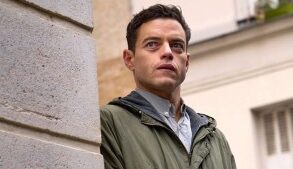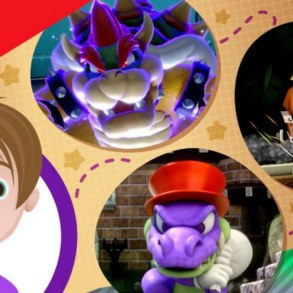I had an epiphany after my recent introduction to the Australian independent pro-wrestling scene at Melbourne City Wrestling (MCW), where I watched Greek Australian tag team The Parea win the MCW Tag Team Championships in a ladder match.
Seeing the two Greeks win made me realise that my Greek and Cypriot background is why I watch sports.
And yes, I know what most think – ‘wrestling is fake’. So why am I talking about sports while watching “fake” wrestling? I understand that many don’t take wrestling seriously; they point to its theatrical nature, corny narratives like goodies vs baddies, soap opera acting and the fact that the winner is predetermined, but those men and women put their bodies on the line in an act that demands athleticism and acting skills.
It’s fun to watch.
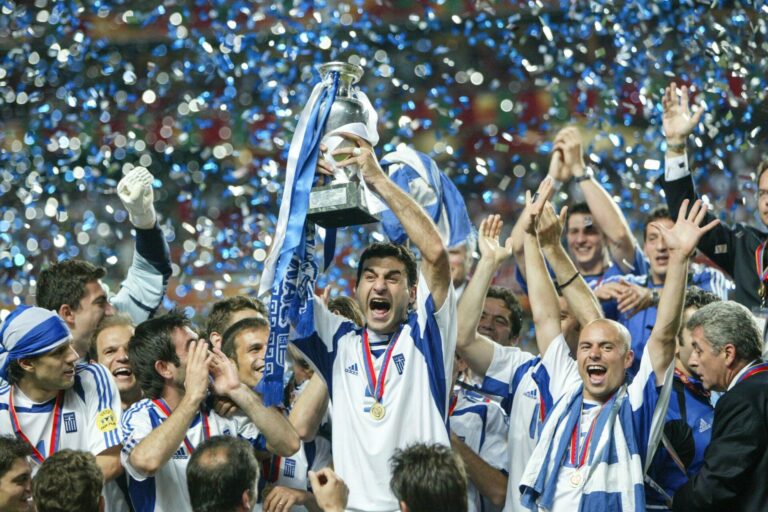
People don’t say, “That movie is fake” or “That TV show is fake”. I really thought Jurassic Park was a documentary about a group of people who brought dinosaurs back to life on an island, and they got loose.
Wrestling is a TV show, a play in a sporting setting. I spoke about a ladder match before. Where else can you watch two, four, six, eight – whatever it is – people hit each other with ladders, throw themselves or even jump off a ladder, all to entertain the audience?
Wrestling can be wild; a ladder match is pretty tame; look up wrestling deathmatches. In my first MCW show, I saw one wrestler throw another off a balcony through a table to the floor in the audience. What am I doing? I’m here to talk about my Greek background and why I love sports, not to lecture you about wrestling and defend it with my life.
I can go on and on about that topic; I needed to clarify why sport comes up while watching wrestling, but back to the matter.
Sure, I’m a classic sports fan; I majored in sports journalism. The sports I do follow, I do so because of some Greek connection to the sport, even if it’s faint.
Apart from footy – the AFL – as a dogmatic, religiously devout Collingwood fan – Go the Pies! – every other sport I follow for the Greeks in the sport.
For example, in January 2006, I first saw an unseeded tennis player called Marcos Baghdatis – a Cypriot Greek like me – shock the tennis world by reaching the Australian Open final. He lost to world No.1 Roger Federer then, but the Cypriot had done enough to make me a tennis fan.
While I follow tennis now as a whole, I am always leaning toward and more interested in the performances of the Greeks. I am waiting to see the day Stefanos Tsitsipas finally wins a Grand Slam (indeed, he will; he’s too skilled not to).
As women’s sport grows, tennis has always been strong in that area; Maria Sakkari is there for the Greeks. My diaspora compatriot, Greek on his dad’s side, the mercurial, often bad boy Nick Kyrgios and his mate, who isn’t in the spotlight as much, Thanasi Kokkinakis. The other football, or soccer, which I don’t follow too closely, but I know the leagues, players and teams. Still, I enjoy watching world competitions – naturally, I follow Manchester United in the EPL.
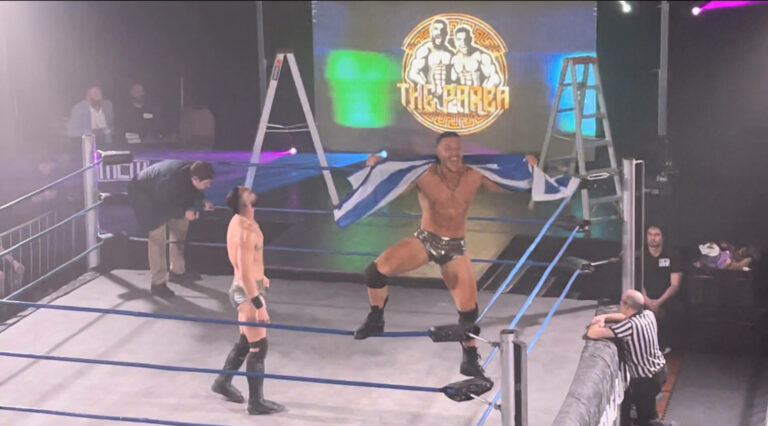
Greeks play a significant part in the state leagues in Australia, with many Greek-based clubs like Heidelberg United, South Melbourne and Bentleigh Greens (Cypriots) here in Victoria. I’m too young to have experienced the National Soccer League, where ethnic clubs competed nationally but eventually folded in 2004 (I turned five three months after the final game).
My first introduction to these NPL clubs was in 2015, at 16 years old, when my uncles took me to watch the club they supported: Heidelberg. So naturally, they became my team. Now I see why my family supported them – being in the northern suburbs where we live and founded by immigrants from Florina, where my yiayia was from.
Whenever the World Cup or the Euros come around, I always follow Australia, Greece and Cyprus; the latter never really qualify. I was too young to live the rare excitement of seeing Greece’s national team beat Portugal in 2004. That has become folklore. A historic triumph which I doubt I will live long enough to see again, and I’m only 24!
The emergence of NBA demigod Giannis Antetokounmpo has globalised Greek identity. He’s now part of the global basketball pantheon in the Milwaukee Bucks, and his brothers play at the Bucks and other teams, too. We now have a globalised modern Greek sporting brand in the NBA.
Greek Australian George Kambosos Jr piqued my interest in combat sports, so I watched his two fights with Devin Haney in 2022. In the UFC, Australian Alexander Volkanovski – second generation half Greek, has risen to double in the UFC men’s rankings. I even recently tuned in to see Cypriot MMA fighter Charalampos Grigoriou earn a UFC contract. You also have the Olympics, where we watch our nations and ancestral homes try to win gold.
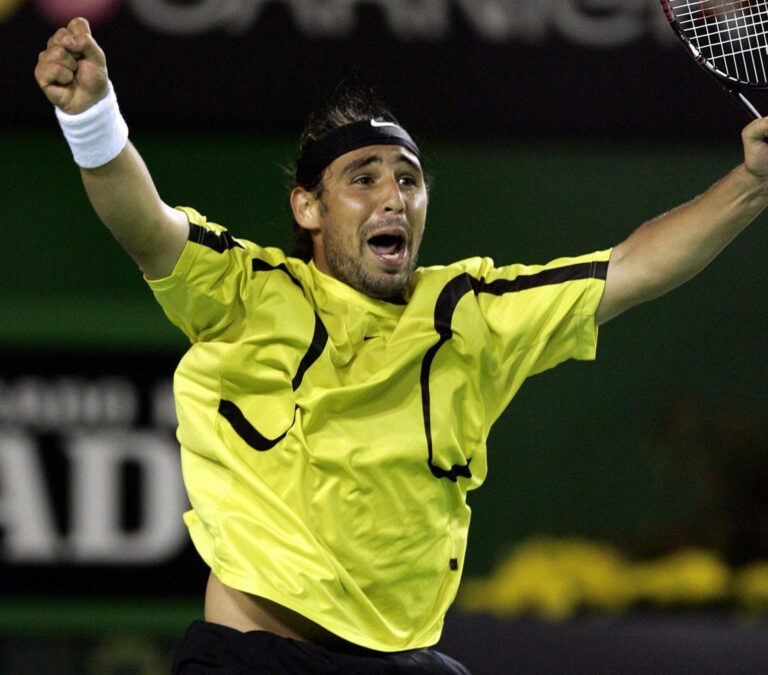
Back to The Parea, where I started, Gabriel Aeros and Eli Theseus are the reason that I finally went to an independent wrestling show. I have been a wrestling fan since I was six years old, but had only watched WWE and other promotions on TV and online; I found there to be an enjoyable product to watch in person, MCW, rather than wait until WWE comes to town.
Previously, the only wrestling I attended in person was when WWE came to Melbourne in 2011 and 2016 and the televised PPV they did in 2018 at the MCG.
The Parea opened a world I was missing the whole time, where I watch our very own Australians in all their sweaty, heaving glory.
They’ll make it big one day like many Aussies are starting to in WWE, AEW and elsewhere.
The Parea may be the bad guys, but I cheer them on.
Racism was never far from the simplistic stereotypes incarnated for the largely working-class audiences that love pro wrestling. The bad guys are often ‘foreigners’, but we all know it’s a pantomime, and the baddies sometimes become goodies and baddies. In many ways, it is like a mythological realm.
There were once many Greeks in pro wrestling. In Australia, for post-war migrants, pro-wrestling, like boxing, provided easier access; however, it was not as dangerous and demanding as boxing.
That’s not to say there haven’t been Greek wrestlers since the 1970s.
In the WWE, Trish Stratus, often considered the most remarkable women’s wrestler in WWE history, is of Greek background. Wrestler-turned-actor Dave Bautista (Batista), one of the biggest stars of his time, has Greek heritage from his mother’s side.
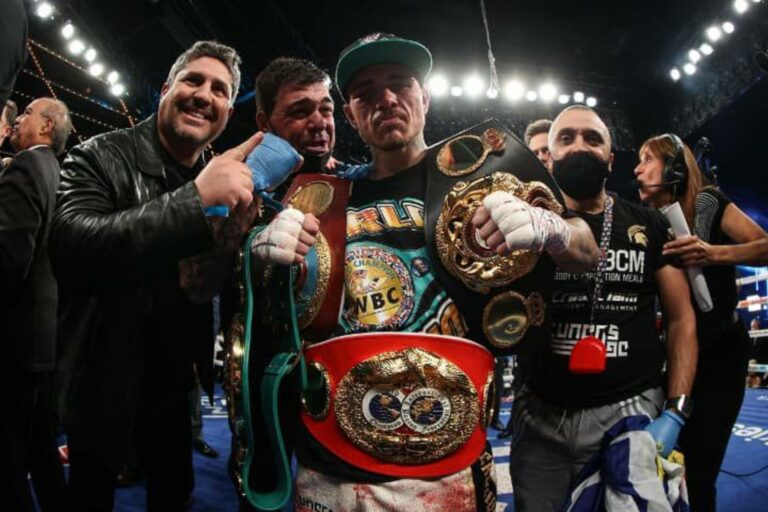
I could keep naming wrestlers with Greek heritage, many of whom aren’t mainstream like Batista.
Still, almost all who have reached the big leagues don’t actively represent their Greekness. Why? This isn’t necessarily due to the wrestler; the company wanted their devised character for the theatre of pro wrestling.
The Parea, on the other hand, brim with cultural confidence and walk to the ring draped in the Greek flag. I have started following their journey since writing about them earlier this year.
These Greek Australians, I am close in age to. And with that in mind, I wish to see them achieve their dream of making it to the WWE and every step along the way.
Greeks sparked my love for tennis and other ‘legit’ sports, but wrestling, with all its theatrics, will always be my first love, and now I have someone to cheer on, even if they are the bad guys.
This post was originally published on this site be sure to check out more of their content.




